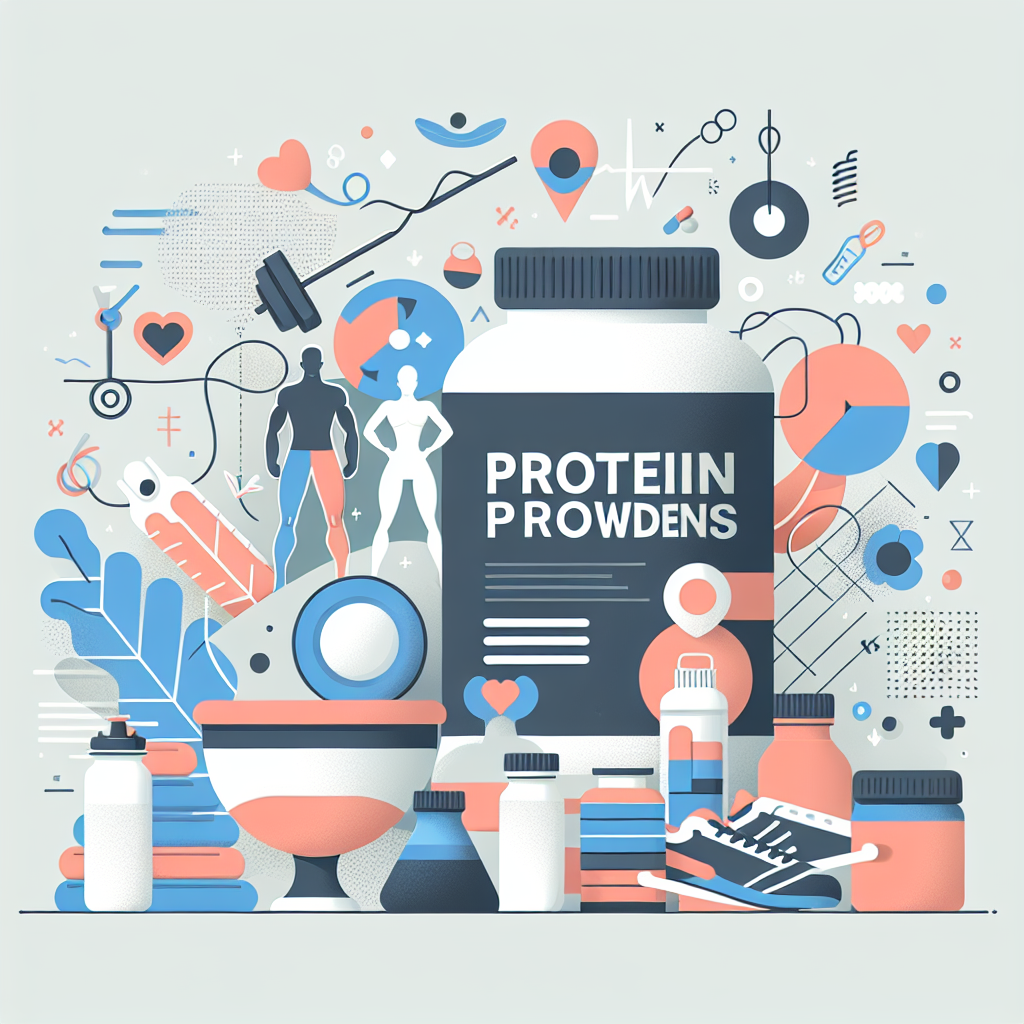If you’re trying to add healthy mass without uncomfortable bloating, choosing the right weight gain protein shake powder matters. A smart plan combines extra calories, protein-rich ingredients, and digestive-friendly choices so you gain size but feel good. This guide explains how protein shakes can fit into a muscle- and weight-building program, highlights what to look for in high calorie protein powder options, and offers practical tips for using them without the bloat.
weight-gain protein shake powder options: what to look for
Not all powders marketed as “mass gainer” are the same. Good weight gain protein shakes balance calorie density with quality protein, healthy fats, and some carbs for recovery. When choosing a powder for gain weight, check the label for protein source (whey, casein, or plant blends), total calories per serving, added sugars, fiber, and the presence of digestive enzymes or probiotics if you’re sensitive.
Calorie and protein targets
High protein shakes for weight gain should supply enough protein to support muscle — roughly 20–40 g per serving — while high calorie protein powder options can range from 300 to 1200 calories per serving depending on whether you’re topping off meals or replacing one. If you’re asking will protein shakes help you gain weight, the short answer is yes when they create a consistent calorie surplus combined with resistance training.
Ingredients that reduce bloat
To avoid feeling puffy, limit powders with excess maltodextrin or added sugar alcohols, which can ferment in the gut. Look for powders with moderate fiber, or that include digestive enzymes (like lactase for lactose intolerance) or probiotics. If you’re lactose intolerant, plant-based blends or lactose-free whey isolates are better options to prevent gastrointestinal discomfort while aiming for protein weight gain.
Tailoring for women
Protein shakes to gain weight female users may need slightly different approaches: smaller, more frequent shakes and attention to hormonal cycles and appetite changes. Protein shakes for weight gain can still be effective for women, but consider portion size and calorie density; many women prefer shakes that add 300–500 calories rather than very large single servings.
Good weight gain protein shakes: examples and combinations
You don’t have to buy a mass-gainer to achieve gains. A few recipes using a concentrated protein powder, whole-milk or plant milk, nut butter, oats, and fruit create high calorie, nutrient-dense shakes that support muscle growth and avoid excess empty carbs. For instance, blend whey isolate, banana, peanut butter, oats, and milk for a balanced, high protein shake for weight gain. For gaining weight from protein powder specifically, mix powder with calorie-rich, whole-food additions rather than relying on the powder alone.
- Whey isolate + whole milk + banana + nut butter = moderate-calorie recovery shake
- Plant protein blend + avocado + oats + olive oil = dairy-free, high-calorie option
- Mass gainer powder + water (split into two servings) = easier digestion with same daily calories
When to use shakes
Use protein shakes post-workout to capitalize on the anabolic window and between meals if you need extra calories but don’t want large solid meals. If you wonder do protein shakes help gain weight during rest days, they still contribute to total caloric surplus necessary for weight gain. Alternate shake sizes: smaller post-workout protein shakes and larger, more calorie-dense ones as snacks or meal replacements.
For evidence-based nutrition guidance on protein needs, refer to the NIH protein fact sheet for consumers to understand recommended intakes and safety margins: NIH protein fact sheet.
Some people assume that simply adding protein shakes will cause immediate weight gain. In reality, protein shakes to put on weight are tools — their effectiveness depends on total daily calories and training stimulus. If your goal is protein weight gain primarily in muscle, combine a mild calorie surplus, progressive resistance training, and adequate sleep.
Concerned about gaining fat instead of muscle? Choose high protein shakes for weight gain rather than extremely high-sugar mass gainers, monitor body composition, and adjust calories slowly. If issues like digestive upset persist, try spacing servings, switching the protein type, or seeking powders with enzymes; this reduces bloating while allowing steady gains.
For those exploring structured meal plans or medical diets alongside shakes, learn more about related clinical approaches like the NHS soup and shake diet article to compare supervised strategies and medical considerations: NHS soup and shake diet article.
- Choose whole-food additions to boost calories and nutrients.
- Prefer moderate sugar and observe how different protein types affect digestion.
- Use shakes as part of a consistent calorie surplus and strength program.
FAQ
Will protein shakes help you gain weight if I only drink them without training?
Yes, they can increase body weight if they create a persistent calorie surplus, but most of the gain will be fat without resistance training. To prioritize muscle, combine extra calories with a strength program.
Can women use the same powders as men to gain weight?
Yes, the proteins are the same, but women often prefer lower-volume or lower-calorie servings and may tailor macronutrient ratios and timing to match individual needs. Start with smaller portions and increase gradually to avoid bloating.






